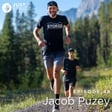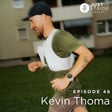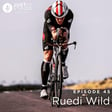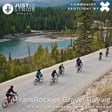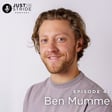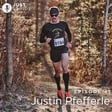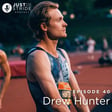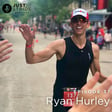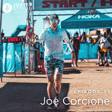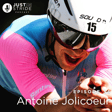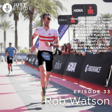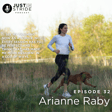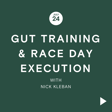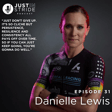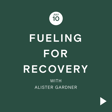
Nick Kleban on becoming a pro cyclist, going from gravel to road racing, the joy of competition, proper fueling, racing strategies, finding enjoyment in running, different types of gear and accessibility to the sport
Today's guest has already been on the show to help us with a nutrition series we did earlier this year, however I thought it would be nice to have him back on to share his story.
On this episode of Just In Stride, I had a great conversation with Elite Cyclist, Nick Kleban.
He’s been cycling almost since he could walk, early on in the mountain trails and later on the open roads. It wasn’t always smooth sailing but ultimately he’s found himself back in the saddle and loves to compete with his team year after year.
Nick loves to geek out on gear, nutrition and race day strategy which always makes for a very interesting chat. He shares his knowledge, wisdom and enthusiasm for his sport with us, so sit back and enjoy the ride.
-------
Offer from Xact Nutrition: This episode is presented by our friends at Xact Nutrition and they are offering you 15% OFF your order when you use the code JUSTINSTRIDE. So head to xactnutrition.com and fuel your goals today! Now shipping in Canada and the U.S.
Thanks for tuning in to the Just In Stride Podcast. I truly appreciate you taking the time to listen and I hope you enjoyed that conversation as much as I did. Please take a minute after this to rate and review our show on Apple Podcasts. With your feedback we’ll be able to make the show even better and it’ll help us reach new listeners too. You can also find us on Instagram @justinstridepod and YouTube @justinstridepod for all the latest episodes and updates. Glad you came along for the ride with Just In Stride!
